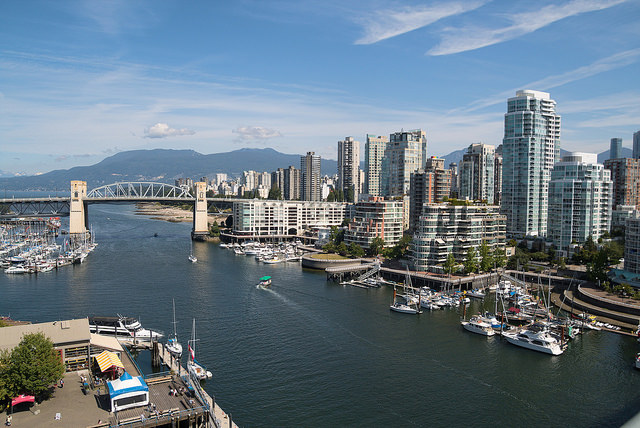After years of stagnate wages and rising costs for everything from housing to education, many Canadians are deep in debt, with very little money saved.
The family debt-to-income ratio in 1993 was 90 per cent. In 2017, it had soared to over 174 per cent. A recent Ipsos survey found that over 50 per cent of Canadians are living within $200 of not being able to pay their bills or debt obligations. Even a small increase in borrowing costs would hit many households hard.
At the centre of this is the housing crisis, which impacts not just Canadian markets such as Vancouver and Toronto, but the global capitalist economy. Here are some cold, hard facts about global housing: The average asking price for a one-bedroom apartment in San Francisco was $1,258 per month in January 2010 — it stood at $4,126 in February 2016.
The average home price has doubled in London since 2009, from about £300,000 to £600,000 in approximately the same time.
Moving over to Asia, things become even worse. The market in Hong Kong for instance, has tripled since 2009 despite largely avoiding the U.S. real estate bust. These numbers are hard to digest as they are, however, what makes the situation even more troubling is the fact that incomes are not just staying stagnant, but moving in the opposite direction.
The best way to get an idea about this is by using the Median Multiple, the ratio between the average price of a house and household income. A multiple of three and under is considered affordable, and everything over five is considered severely unaffordable.
As per the latest data available from 2015, Vancouver sits pretty on the list of the world’s most expensive cities with a staggering Median Multiple of 10.8. To put this in simple numbers — a household making $50,000 in Vancouver is only able to afford a house worth $540,000. If numbers from 2015 paint such a depressing picture, the statistics for today will only make things appear more horrifying.
In the midst of all this, what is the solution? More importantly, how does one even go about devising a plan to solve this problem?
Activist and candidate Jean Swanson’s recent electoral rise in Vancouver’s by-election on October 14 was driven on the back of the city’s housing crisis. Her headlining proposal was a mansion tax, whereby homes valued between $5 million and $10 million would have a one per cent surtax, and all houses valued over $10 million be surtaxed two per cent.
This is a radical proposal, and one that this city urgently needs. It strikes a chord with virtually everyone who has grown jaded with how unaffordable it has become. But at the same time, one also needs to look at other, politically softer solutions.
The reason behind that is to bring people who might be uncomfortable with such a radical solution, and people who might generally be on the fence regarding possible solutions, on board. Pointers can be taken from cities as
close to Vancouver as Whistler and as far as Boston.
The Whistler Housing Authority has set properties apart for purchase or rent, available only to people who are employed or retired in the resort. Even the people who end up buying these very properties are only allowed to sell it to an increase equal to the national cost of living, not equivalent to the ski resort’s red-hot property market.
On the other hand, Boston went a step ahead: the city requires developers to designate over 10 per cent of new units towards affordable housing, which includes below-market home ownership. To top it off, resale for these very units is capped at an increase of 5 per cent per occupancy year, essentially nipping the chances of unchecked speculation and flipping in the bud.
Are these two examples the only way to go about solving Vancouver’s housing crises? Moreover, are these solutions perfect?
No, they are not. They only offer short-term respite, but the unfortunate truth is that while radical proposals take more time to materialize, softer solutions are more likely to get the ball rolling in the right direction. The end goal should always be to work towards solutions that break free from the capitalist and neoliberal economic system. That is why Jean Swanson’s mansion tax is such a critical piece of the puzzle. It pierces at the heart of the problem of gross inequality in the most stunning fashion.
On the other hand, and at the risk of sending apologetic, that solution will take time. It is thus critical that one devises softer solutions in the short term, but also push for game changing radical solutions in the long run. The fight against capitalism and neo-liberalism is long and hard, and it is pivotal that the focus remains on both short-term and long-term goals. This needs to tackle the full spectrum of the housing crisis and housing needs.
Canada has soaring homelessness, poor people are being driven from their homes and communities by gentrification, renters increasingly cannot make the rent and those who want to buy a home find it impossible. The root of all of this is that housing is treated as a commodity to be bought, sold and rented for profit. A home was, is, and will always remain a human right — anything less is inhumane.
Salman Zafar is a member of Socialist Alternative Canada and currently serves as the branch treasurer for Vancouver. Find his blog here.
Photo: Vancouver Skyline/Flickr



